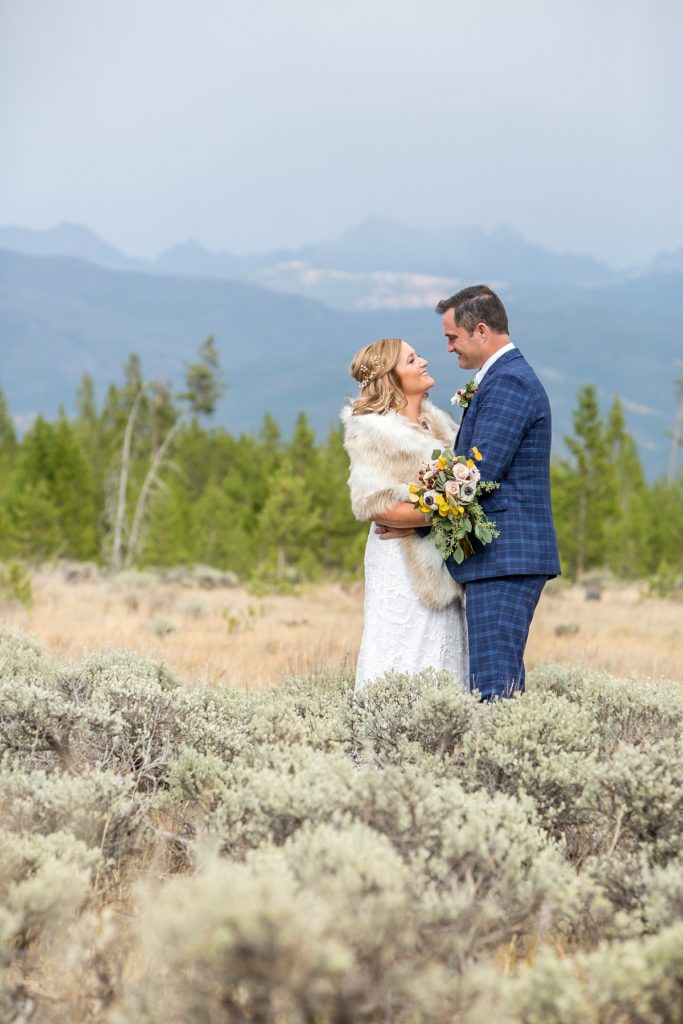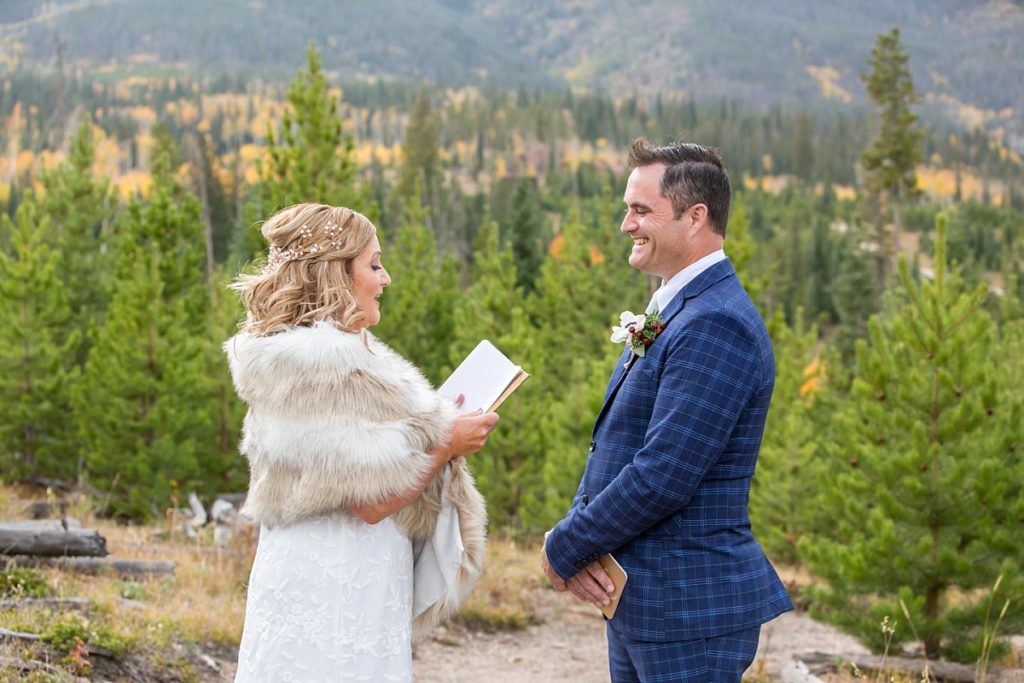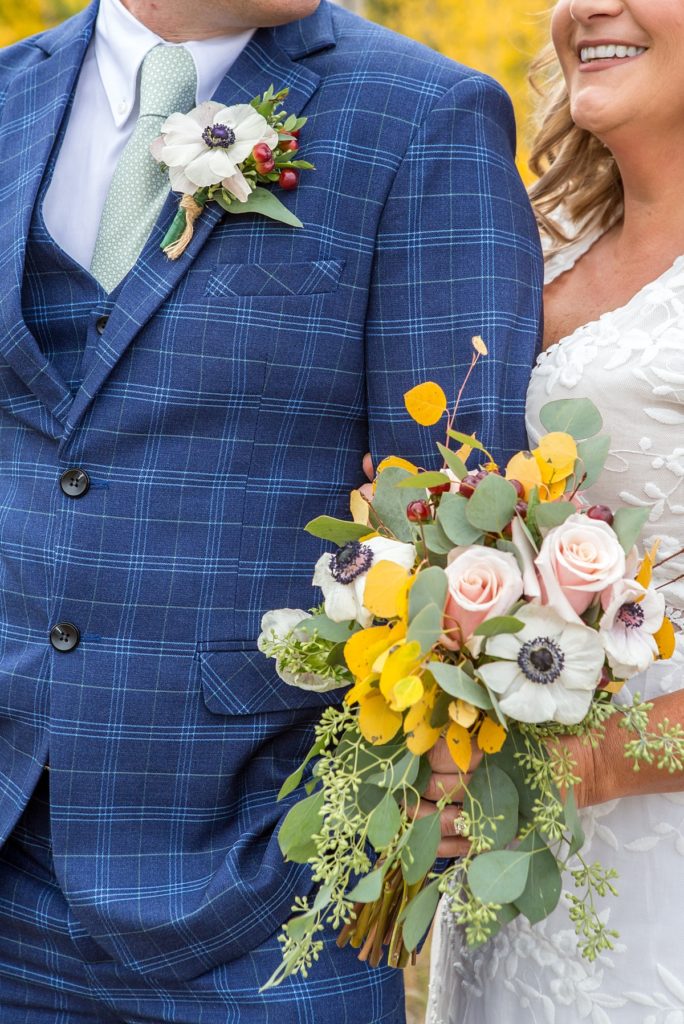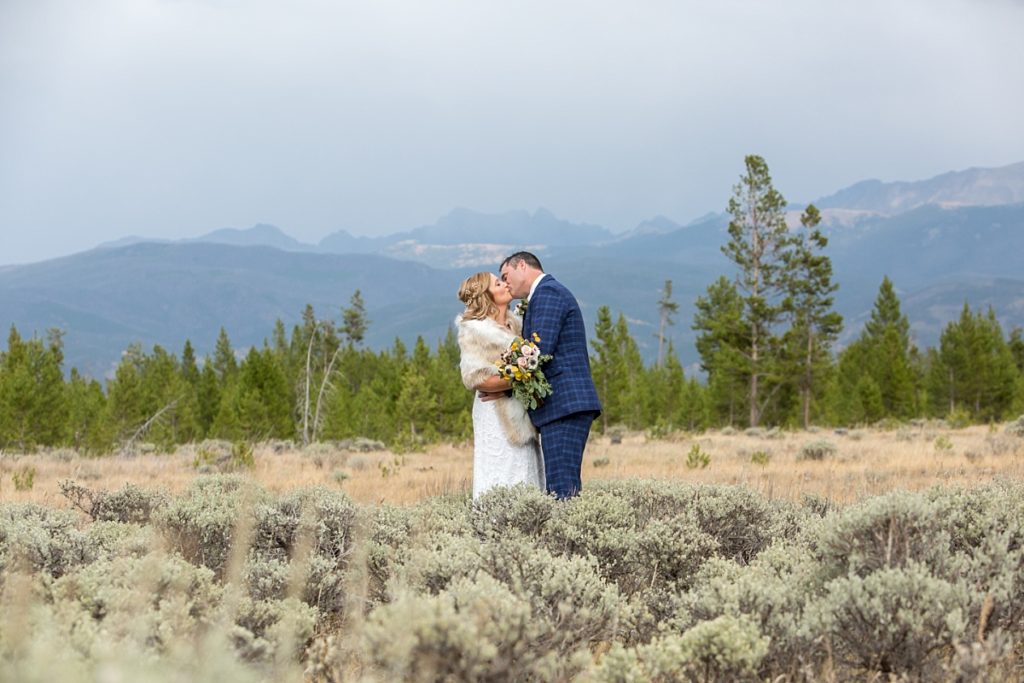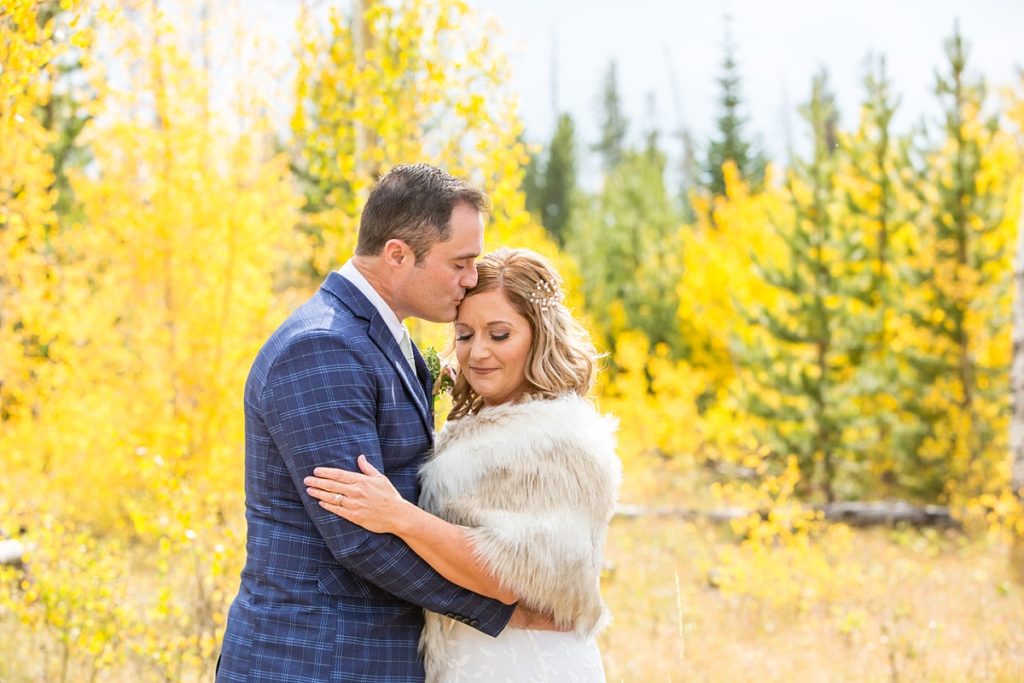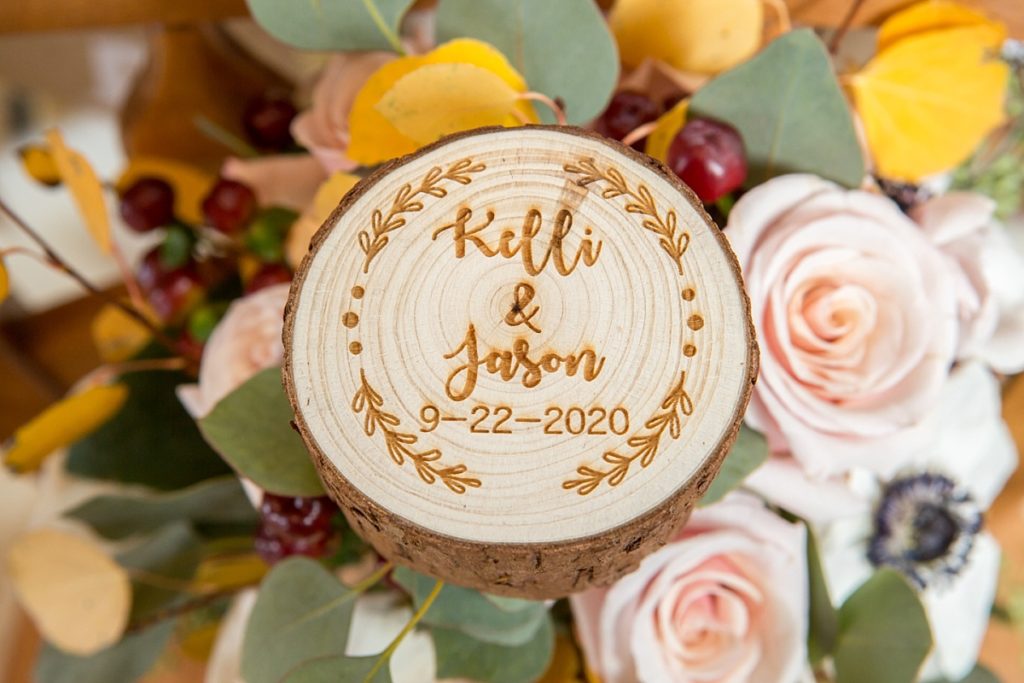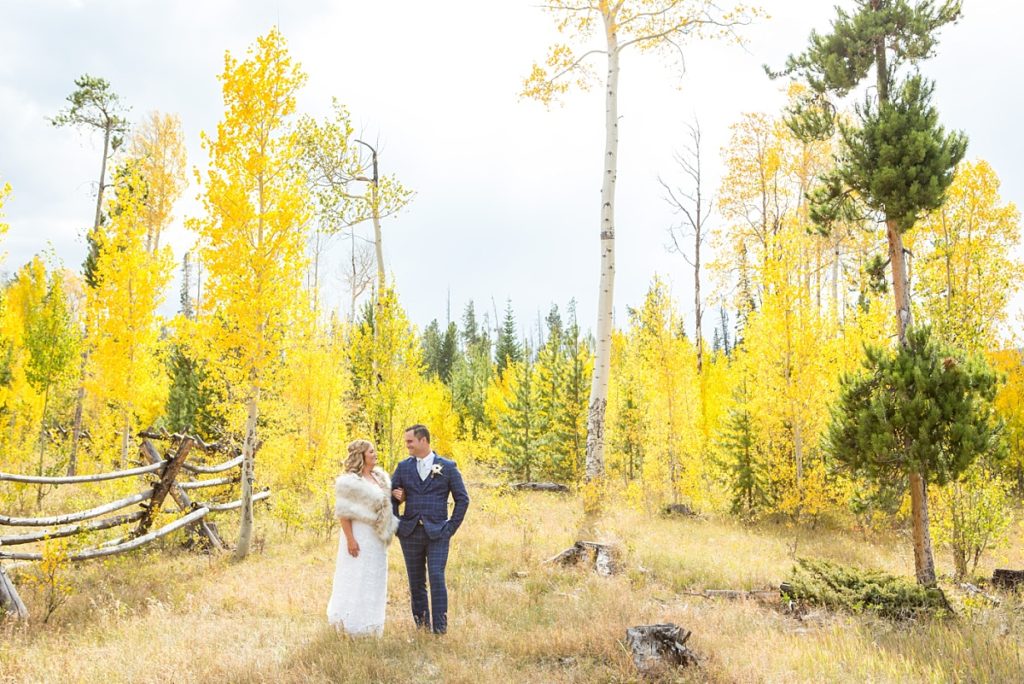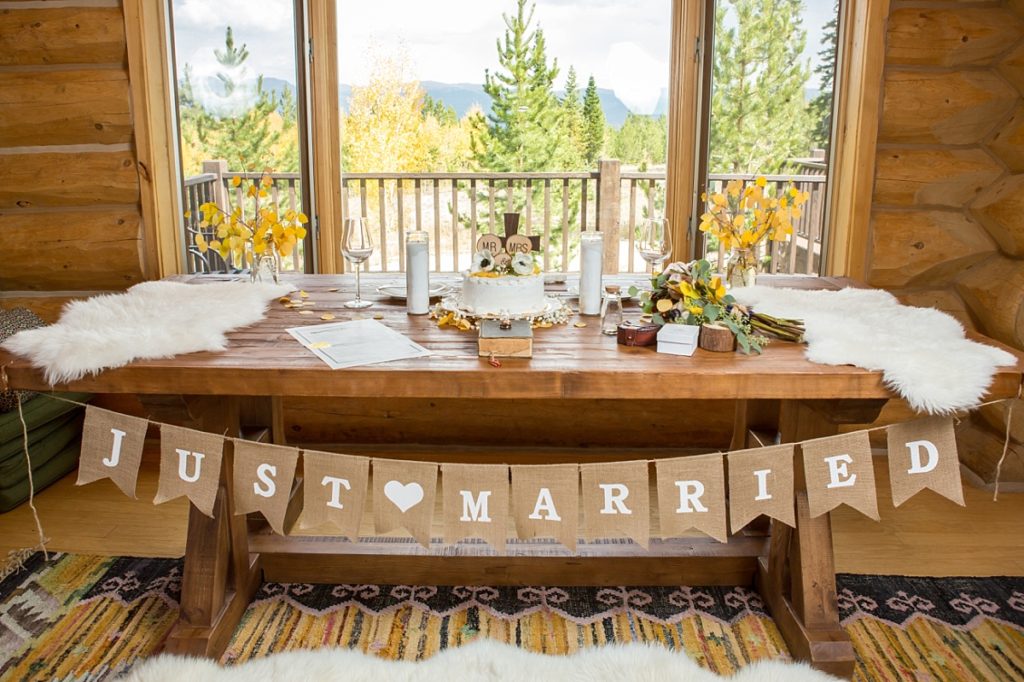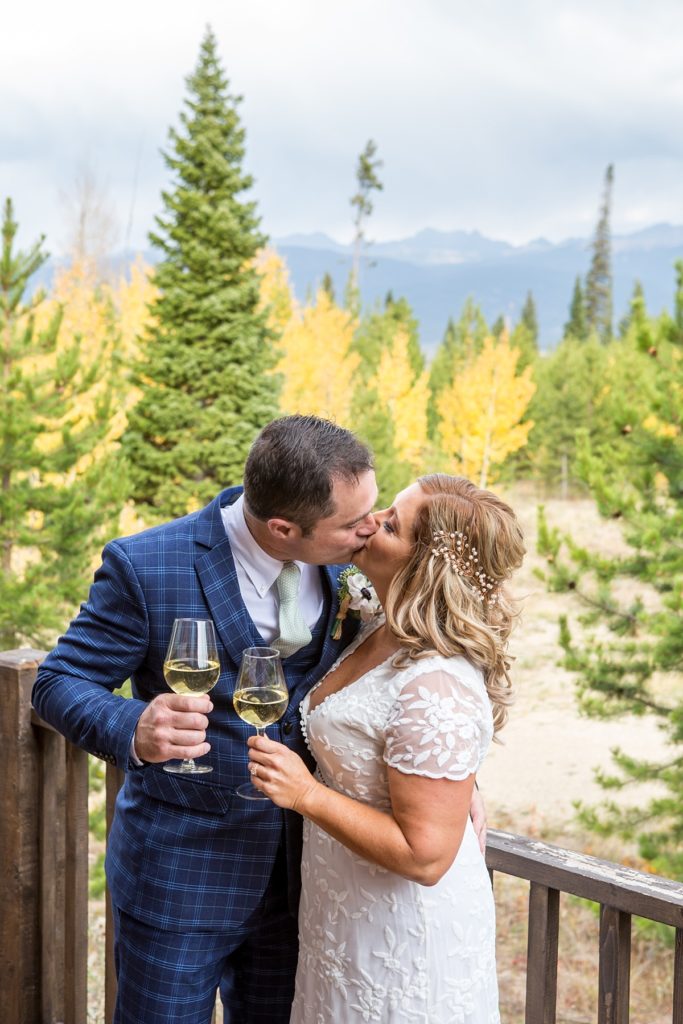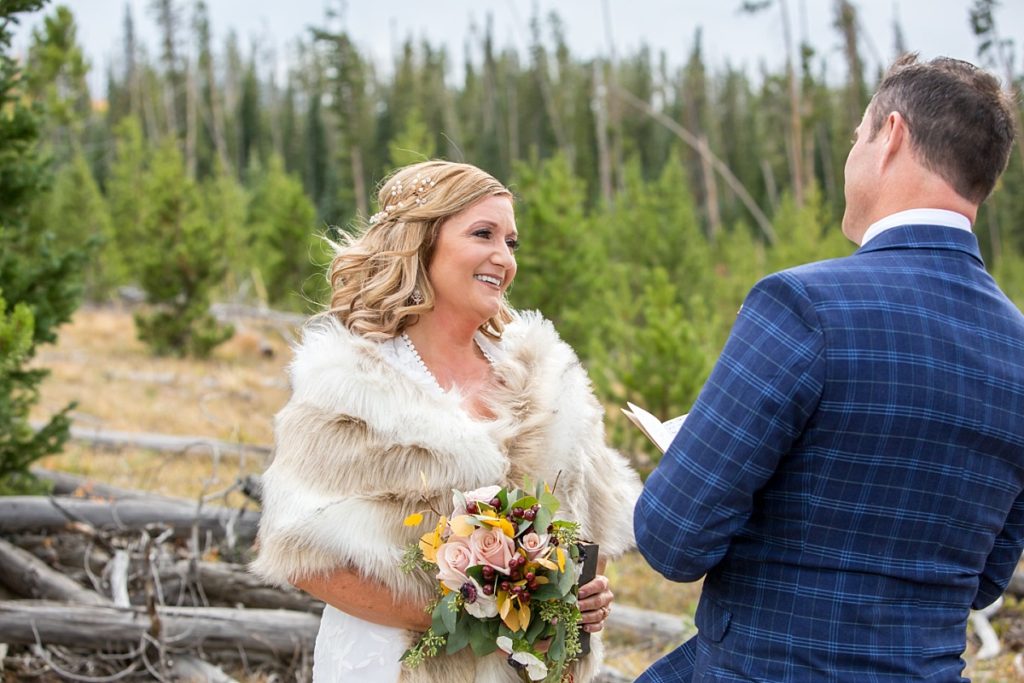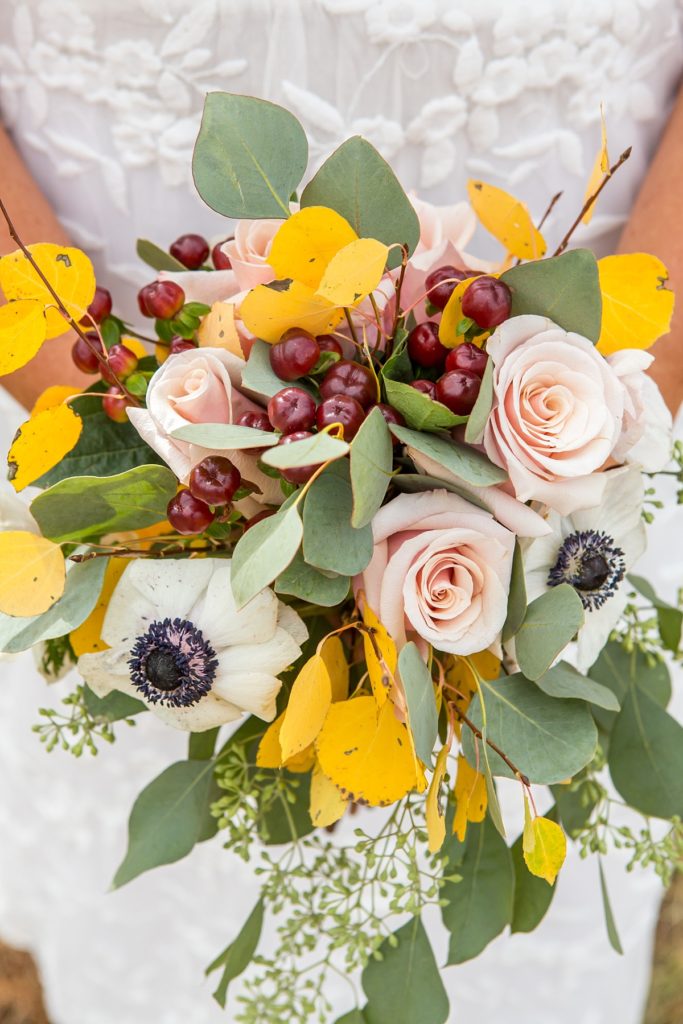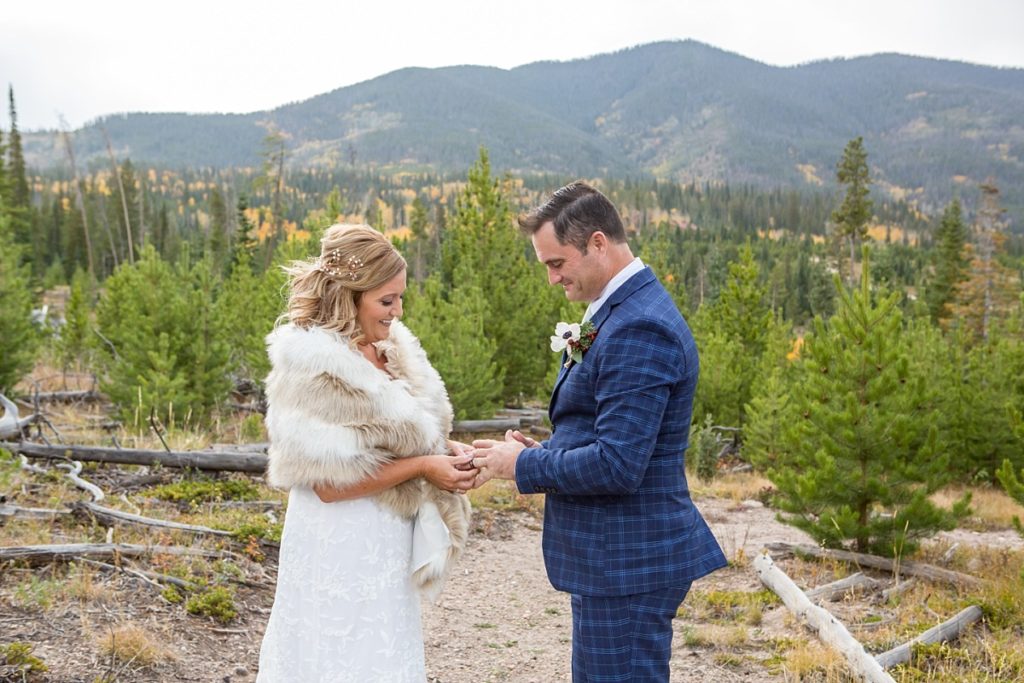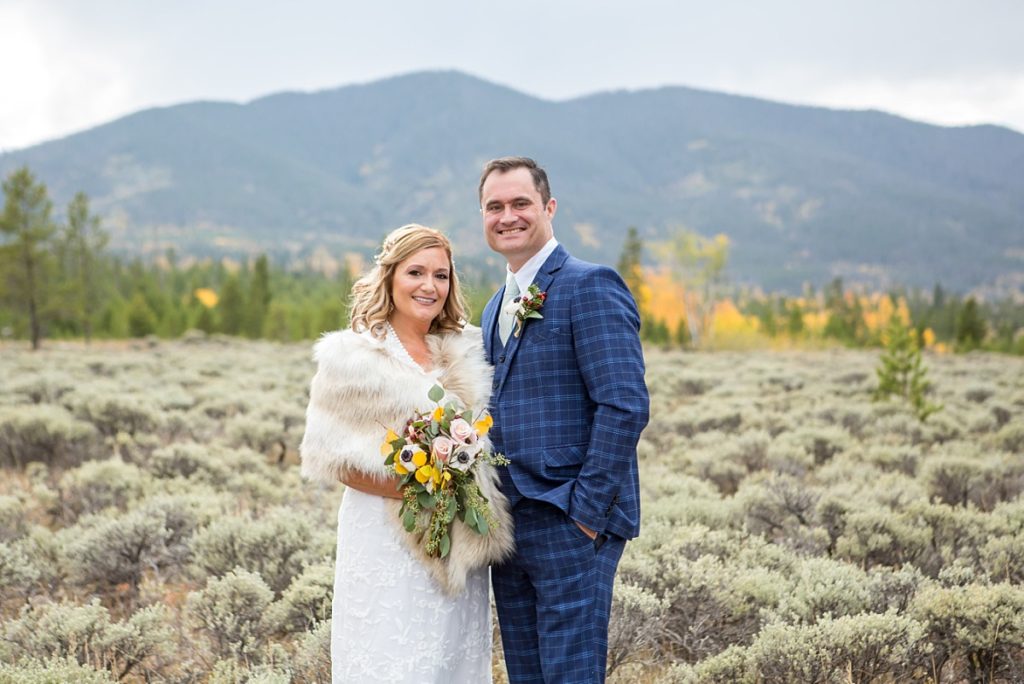Colorado Elopement Laws – Read About How You Can Marry Yourselves in the State of Colorado

The Colorado elopement laws are some of the simplest in the country. Couples may marry themselves or the ceremony may be performed by a someone who is authorized to preform a ceremony like a judge or a clergy member. What does this mean? It means getting married is super easy. You can have an officiant guide you through your ceremony. Or you can hike to the top of a mountain, say your vows and get married that way too! Click here to check out Colorado’s State website outlining how they recognize marriage.
This blog post is designed to help point you in the right direction for finding what you’ll need to get married in Colorado. Its based off my experience as an elopement photographer and the current public information about Colorado marriage. It is not legal advice and should not be used as such. We hope this helps you easily find what you need to have a wonderful Colorado elopement!

Colorado Elopement Laws – Connecting with the County Clerk’s Office
You can obtain your marriage licenses by visiting one of the many County Clerk Offices in the State. The licenses are valid for 35 days after they are issued. Depending on where you’re eloping, you’ll want to find the closest County Clerk and Recorder Office that you can stop into in person. Here’s a list of County Clerk websites in Colorado.
Typically to get the certificate, you’ll need to bring an ID for proof of age. You’ll also need to know your social security number, place of birth, parents names/current address, as well as any divorce information if applicable. Colorado does not require a blood test. Each county Clerk’s office has their own way of doing things. In Jefferson County, which is where my office is, they have a PDF outlining marriage license information in Jefferson County with information like where you need to go and what you need to bring. Make sure to check in with the County Clerk’s Office closest to you. They’ll walk you through the steps you’ll need to do for your marriage license.
Same Sex Marriages in Colorado
Colorado also recognizes same sex marriages. This has been legally recognized since 2014. Back in 2014 the US Supreme Court decided to decline hearing appeals about same sex marriages. This upheld the U.S. 10th Circuit Court of Appeals ruling which governs Colorado. They had ruled previously that same sex marriage bans in Utah and Oklahoma were unconstitutional. Which then paved the road for same sex marriages to be legal in Colorado. Check out this Denver Post article from 2014 for more information. It goes over a lot of questions about same sex marriage that were being asked at the time because of how the laws were changing.
Elopement Permits
So the legal stuff is pretty easy, but where can you go to elope? There are a ton of elopement location options in Colorado, but each one has different rules and regulations. I’ve photographed elopement couples in places like on a trail, at a venue, or at an air bnb. If you’re looking to elope, you have a lot of options. Going somewhere along Colorado’s many trails is probably the most confusing. Sometimes no permit is needed, sometimes a special use permit is required, sometimes elopements are only allowed in certain areas at certain times, and sometimes a reservation is needed.
It just involves making some phone calls to a ranger station or other government agencies to make sure you’re abiding by the rules of that particular place. As an elopement photographer, I’m happy to help suggest locations and be your guide, helping you along the way to find an amazing location to elope at in Colorado.
Kelli & Jason’s Elopement in Winter Park
Kelli & Jason decided to elope at an air bnb in Winter Park. They did some vows along a trail on the 40 acre property that was part of the air bnb. Then they celebrated with cake, a toast, portraits and a nice dinner later on. Below are some images from their day showing their beautiful intimate celebration.

